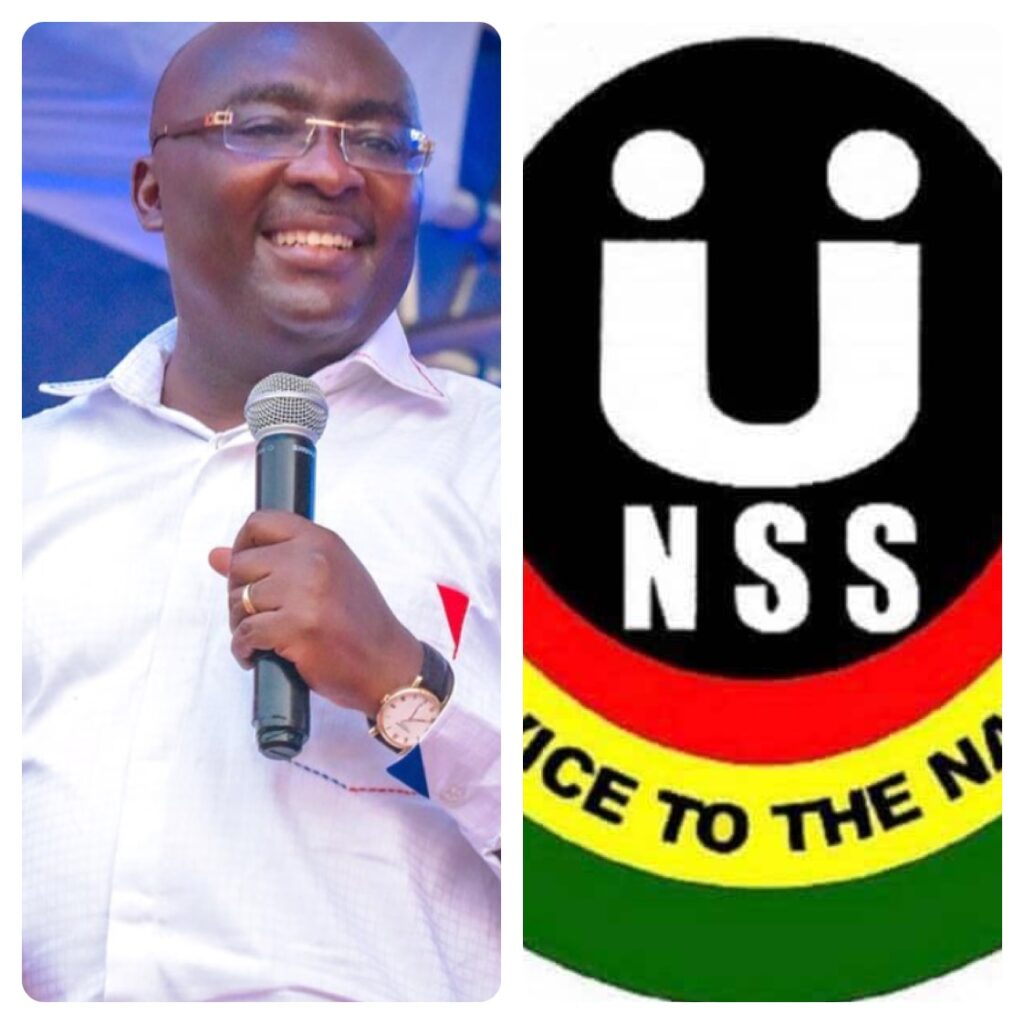Vice President Dr. Mahamudu Bawumia’s recent speech advocating for optional National Service has ignited a national conversation on Ghana’s socio-economic landscape and the role of leadership in shaping the country’s future. Bawumia’s proposal, which challenges the traditional notion of mandatory National Service, has prompted reflections on Ghana’s development trajectory and raised questions about the effectiveness of political leadership.
In his address, Dr. Bawumia argued that making National Service voluntary would unlock opportunities for young Ghanaians to pursue alternative paths to personal and professional growth. Citing examples of developed countries where National Service remains optional, the Vice President emphasized the need for flexibility and innovation in Ghana’s approach to youth empowerment and national development.
However, Dr. Bawumia’s proposal has sparked a debate over the implications of such a policy shift. While some commend the Vice President’s forward-thinking approach and commitment to empowering Ghana’s youth, others express skepticism about the potential consequences of making National Service voluntary.
Critics argue that mandatory National Service plays a crucial role in fostering national unity, instilling discipline, and providing valuable skills and experiences to young Ghanaians. They question whether Dr. Bawumia’s proposal aligns with Ghana’s developmental needs and suggest that it may overlook the socio-economic realities faced by many youth in the country.
Moreover, comparisons between Dr. Bawumia’s proposal and previous campaign promises made by President Nana Akufo-Addo have emerged, with some questioning whether the Vice President’s ideas are merely rhetoric or substantive policy initiatives. The debate underscores broader concerns about the credibility and effectiveness of political leadership in Ghana.
As the discourse unfolds, citizens, policymakers, and analysts alike are grappling with complex questions about Ghana’s future direction and the qualities of leadership required to navigate the challenges ahead. Dr. Bawumia’s speech has reignited discussions about the role of innovation, inclusivity, and accountability in shaping the nation’s socio-economic policies and priorities.
With the 2024 elections looming, the debate over Dr. Bawumia’s proposal for optional National Service is expected to feature prominently in political discourse, as Ghanaians evaluate the vision and promises of their leaders in charting the country’s course towards prosperity and development.
Story filed by: Nana Kwaku Duah





